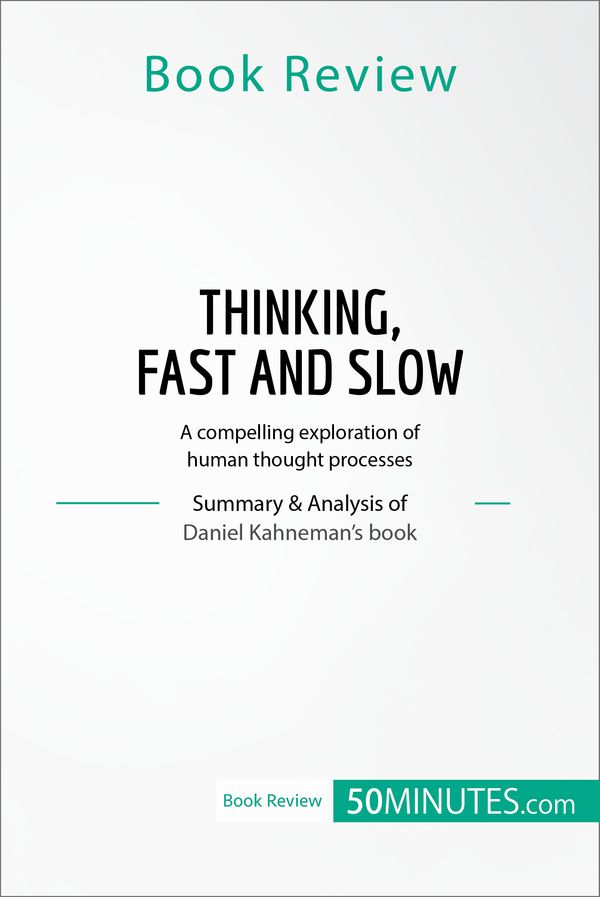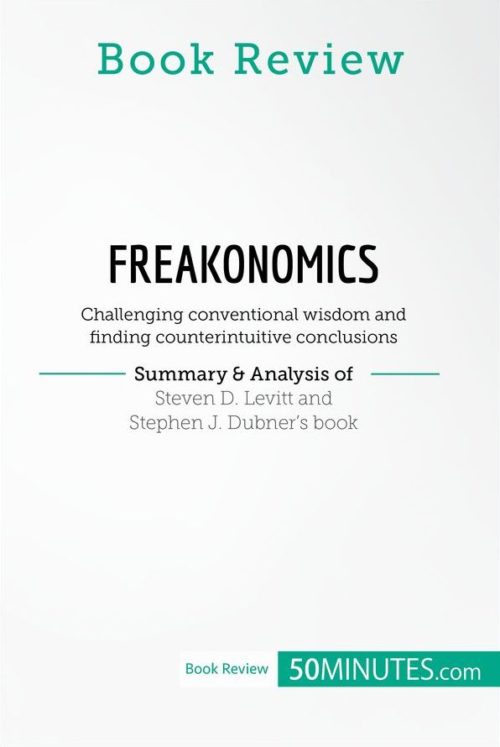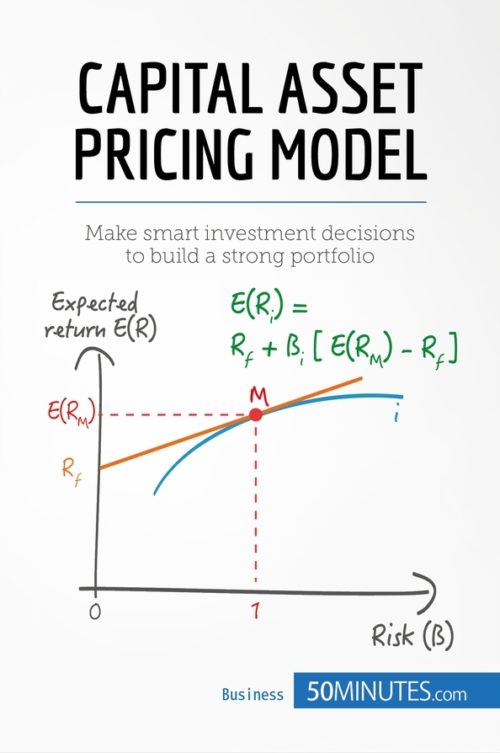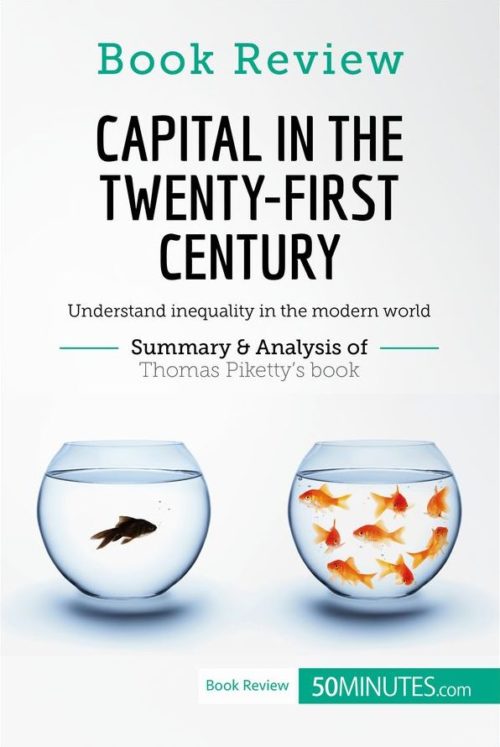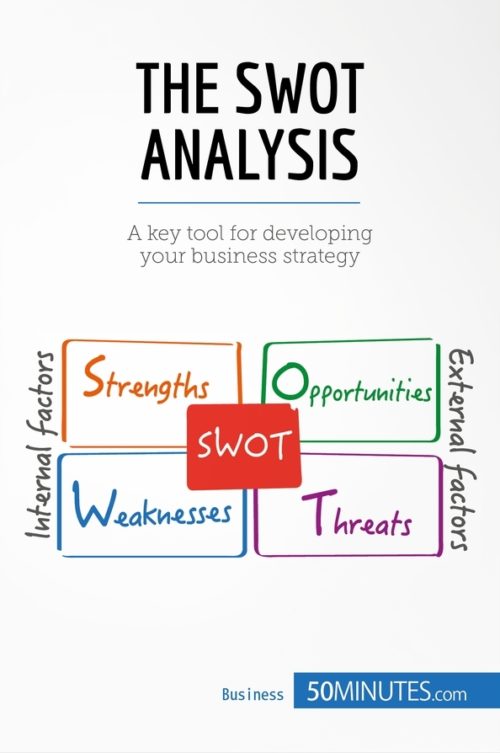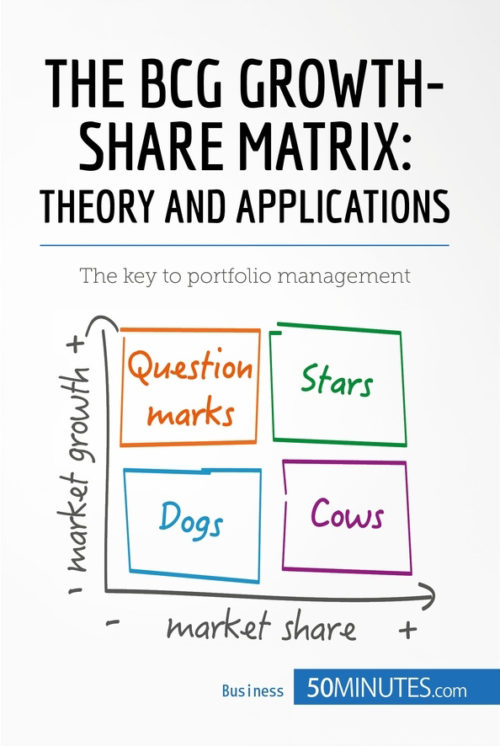Book Review: Thinking, Fast and Slow by Daniel Kahneman
Book Review: Thinking, Fast and Slow by Daniel Kahneman
Read more
Thinking, Fast and Slow is a bestselling guide to human thought processes
In Thinking, Fast and Slow, Daniel Kahneman explains why humans often make flawed and irrational decisions, and presents a series of insights gleaned over the course of decades in his work with Amos Tversky. This clear and detailed summary and analysis is a valuable resource for anyone who wants to understand Kahneman’s bestselling book: it features a thorough explanation of the author’s aims, a discussion of the main concepts explored in his work, including heuristics and biases, and definitions of key terms, such as anchoring and the endowment effect. It also provides an introduction to impact of Kahneman’s work in fields including psychology, political science and behavioral economics, and a discussion of the main criticisms that have been leveled at his work, giving you everything you need to understand this influential book in just 50 minutes.
This accessible and insightful 42-page summary and analysis is structured as follows:
- Thinking, Fast and Slow: Improving Decisions About Health, Wealth and Happiness
- Context
- The author: Daniel Kahneman
- Context and background
- Summary of Thinking, Fast and Slow
- Impact of Thinking, Fast and Slow
- Reception
- Criticisms of Kahneman’s approach
- Legacy
- Summary
About Thinking, Fast and Slow
Thinking, Fast and Slow identifies two systems of thought, referred to as System 1 and System 2, which govern how we process information and make decisions. These are the “fast” and “slow” of the title, respectively, and interact with one another to help us make choices. The book also explores the biases and fallacies that lead humans to act in an irrational way, illustrated with case studies and real-life examples.
About Daniel Kahneman
Daniel Kahneman is an Israeli-American psychologist and economist. He is known in particular for his long-time collaboration with the psychologist Amos Tversky, with whom he carried out the research into decision-making that went on to earn him the Nobel Memorial Prize in Economic Sciences in 2002. His research, specifically his collaborations throughout the years with Richard Thaler, the 2017 Nobel Prize winner, has played a significant role in helping to establish the field of behavioral economics. Kahneman is currently professor emeritus of psychology and public affairs at Princeton University.
Product details
| ISBN | 9782808019934 |
|---|---|
| Publisher | Plurilingua Publishing |
| Series | 50MINUTES.COM – Book Review |
| Format | |
| Pages | 42 |
| File size | 2.5 MB |
